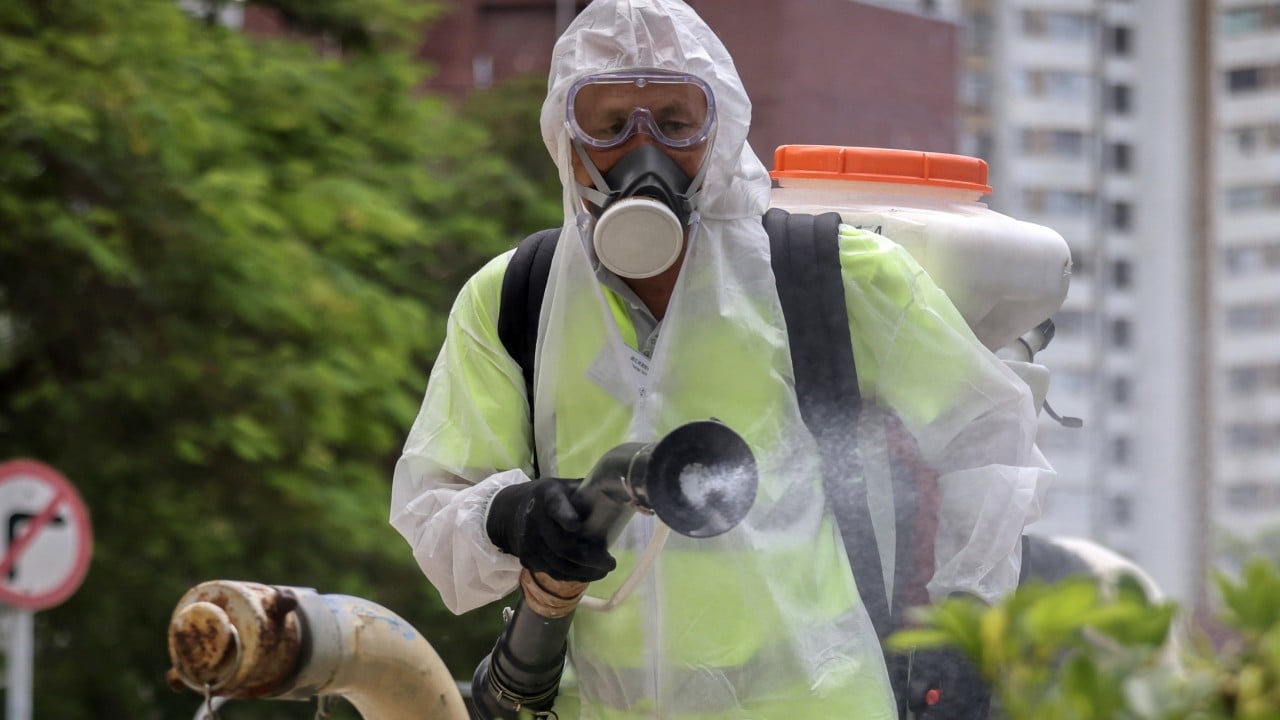Published: 8:30am, 15 Aug 2025Updated: 8:51am, 15 Aug 2025
Weaponising mosquitos against themselves to curb the spread of chikungunya fever in Hong Kong is not a sustainable solution due to the costs involved and questions about its effectiveness, experts have said, citing the experience of Singapore.
Advertisement
Specialists said on Wednesday that Hong Kong should instead strengthen its existing measures used to combat the spread of diseases through the deployment of additional monitoring sites and big data collection.
They were responding to comments made on Tuesday by Secretary for Environment and Ecology Tse Chin-wan, who said authorities planned to test biological control strategies deployed in the mainland Chinese city of Foshan, which is the epicentre of the current outbreak.
Chikungunya fever is a viral disease transmitted by the Aedes mosquito. While rarely fatal, it can lead to symptoms such as fever, rash, and joint pain.
The mainland’s Guangdong province has recorded more than 8,000 new cases of chikungunya fever over the past three weeks, mostly in Foshan. Hong Kong, meanwhile, reported two new imported cases on Thursday, bringing the total to eight since August 2.
Advertisement
The latest cases involved a 50-year-old man and his eight-year-old daughter who had travelled to Bangladesh between July 20 and August 10.

